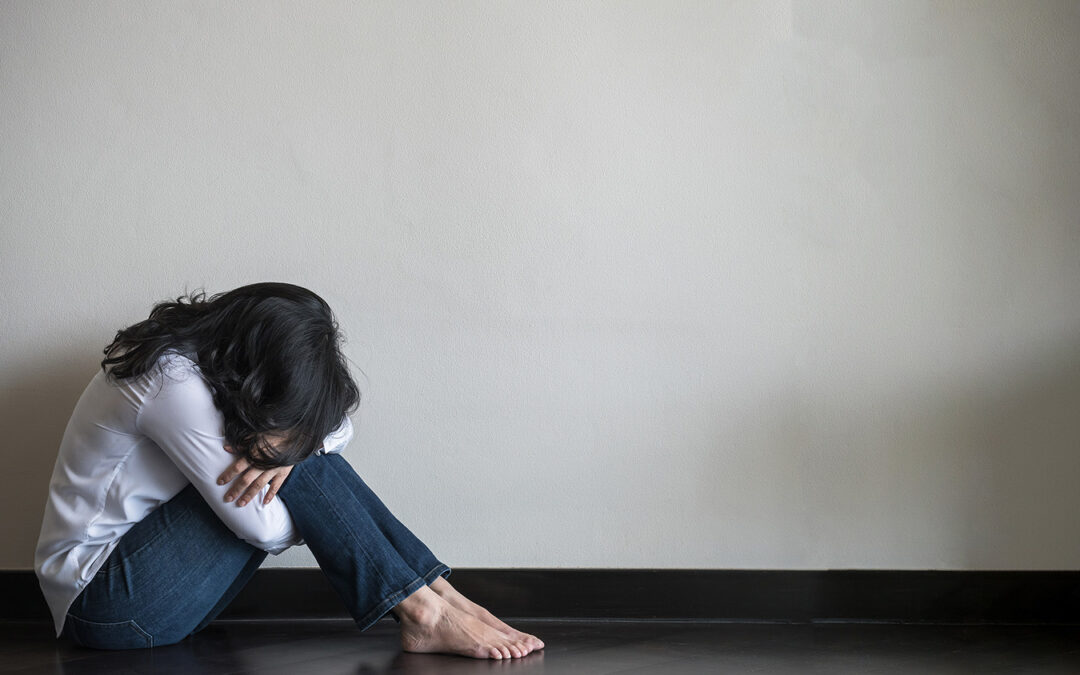September is suicide prevention awareness month, yet suicide is a difficult subject to talk about. In recent years, headlines have reported celebrities’ deaths by suicide bringing this topic to the forefront. When we hear that someone has died by suicide, whether it is our favorite TV food host or a neighbor, it is shocking and we find ourselves asking, “Why?” There is no single reason why someone chooses to end their life and suicide can be attributed to many complex factors. Maybe we are asking the wrong question and need to be asking what we can do to prevent suicide.
According to the Know the Signs Campaign, suicide prevention requires sustained, broad community wide efforts. A safety net should include prevention, early intervention and support for those who may be struggling, have a prior attempt or have lost a loved one to suicide. Increasing mental health literacy leads prevention efforts as the best tool for lowering stigma surrounding the diseases of mental health and suicide.
To prevent suicide, we must all agree to talk about it and to spend a little bit of time learning how to talk about it. By talking about suicide, we reduce stigma and increase the chances that someone who is struggling will reach out for help. By learning how to talk about suicide, we also learn warning signs and what questions to ask when we think someone might be thinking about suicide.
If you are not sure that someone is feeling suicidal, ask:
- “Are you thinking about suicide?” or
- “Are you having thoughts of ending your life?”
These questions are direct. It is better to address the person’s feelings directly rather than avoiding the issue. Asking about suicide won’t make it more likely to happen. Talking about suicide does NOT put the idea in someone’s head. Talking about suicide does not cause death by suicide. Avoiding the conversation about suicide increases stigma, contributes to feelings of not being valued or worthy and limits access to life-saving resources and social support. Asking directly and using the word “suicide” establishes that you and the person at risk are talking about the same thing and lets the person know that you are willing to talk about suicide.
If any of these signs are present, call the National Suicide Prevention Lifeline at 1-800-273-8255:
- Talking about death or suicide
- Seeking methods for self-harm, such as searching online or obtaining a gun
- Talking about feeling hopeless or having no reason to live
The Wellness & Prevention Center has been awarded grant funding through the Substance Abuse and Mental Health Services Administration (SAMHSA) to increase awareness of mental health and train individuals, including school personnel, parents and youth, to recognize and respond to signs and symptoms of mental disorders and/or serious emotional disturbances. This programming will start on October 1, 2021 and supports the Wellness & Prevention Center in expanding prevention services in South Orange County communities.
Through this grant, the Wellness & Prevention Center hopes to increase access to care and decrease suicide. Efforts will include five years of training services in Mental Health First Aid (mentalhealthfirstaid.org) for community members, targeting parents and adults who work with youth, and a component to train youth 16 and older. Mental Health First Aid is a worldwide best practice that is as important to saving lives as CPR. More information will follow soon on how you can attend a training.
If you have concerns about a young person or a loved one and it is not a life-threatening situation (call 911 if life-threatening), please contact us at the Wellness & Prevention Center for a consultation (info@www.wpc-oc.org, 949-680-0516). This is a free service to our community. To help ensure the wellbeing of young people, encourage them to socialize, limit access to firearms and medications, and consult with a professional when concerned and ask about their mental wellbeing.

